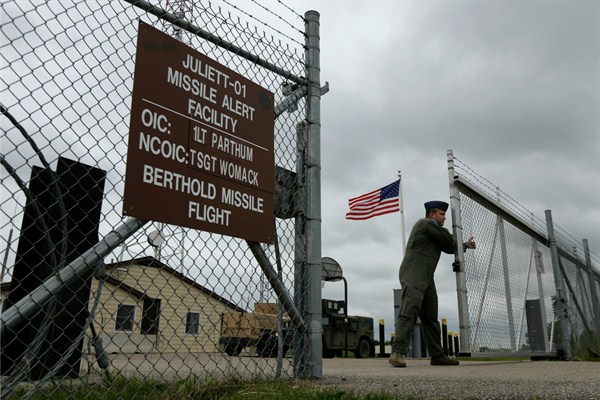The surprising election of Donald Trump as president of the United States has created countless new questions and concerns about the future of U.S. foreign policy. But perhaps nowhere are these concerns more acute than in Trump’s thoughts about nuclear weapons. While often inchoate and contradictory, Trump’s recent comments about strengthening and expanding U.S. nuclear capabilities, apparently welcoming an arms race with Russia, and possibly encouraging allies to develop their own nuclear deterrent have all caused great concern among defense analysts and foreign policy professionals, not to mention many within the U.S. government. Given the enormous stakes involved, it is worth demystifying some of what Trump has said and putting this nuclear debate in context.
First, nuclear modernization was happening anyway. The upgrading of the U.S. nuclear arsenal—and for that matter, Russia’s as well—has already begun. Earlier this year, the Obama administration committed to a $1 trillion overhaul over the next three decades, covering everything from a new stealth bomber to the Department of Energy’s massive research and development program.
Trump was right, but hardly alone, to suggest that some parts of the U.S. nuclear force are aging, but plans have been in place for over half a decade to modernize all three legs of the nuclear triad—submarines, land-based intercontinental ballistic missiles (ICBMs) and strategic bombers—as well as the broader U.S. nuclear infrastructure. A considerable amount of money has already been spent to this end, and replacement nuclear systems are likely to come on line in the next decade or so. These new systems, which will be far more sophisticated than those deployed or being developed by other countries, will keep the U.S. in the nuclear game well into the second half of this century.

